When one of Bruce Ailion’s clients told the Atlanta-based realtor that he heard a buzzing noise coming from his walls, Ailion cracked the plaster to take a look. He expected it to be the pipes or electrical system making the odd sound. Instead, Ailion was shocked to discover some new residents: thousands of bees.
Houses frequently make noises—a floor creaks, a pipe gurgles, a refrigerator hums—but while some sounds are harmless and even charming, others are early indicators of potential problems that warrant attention.
“Any time there’s something different going on with the house, just like with your body, you ought to consider what that could be,” says Ailion, who has decades of experience diagnosing strange conditions in homes. “Pay attention to the way things work and sound normally; if you hear a change, that could be indicative of a problem.” Here are some potential troublemakers.
Furnace Making Noise
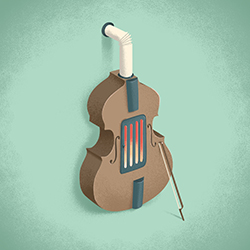 There are a variety of sounds you might hear from the furnace, Ailion says. If they’re unusual and persistent, have an HVAC professional check it out. “If an adjustment is needed, it’s not that expensive,” he says. “And if the noise has just started, you could help prevent a more serious or complicated repair later.”
There are a variety of sounds you might hear from the furnace, Ailion says. If they’re unusual and persistent, have an HVAC professional check it out. “If an adjustment is needed, it’s not that expensive,” he says. “And if the noise has just started, you could help prevent a more serious or complicated repair later.”
In fact, he says, having the furnace inspected every six months will not only help your furnace run at maximum efficiency, but could help prevent some of these sounds from occurring in the first place. Most importantly, he says, if you haven’t run the furnace for several months, you want to be sure there aren’t any cracks in the heat exchanger, as this could lead to a dangerous carbon monoxide leak. In between inspections, keep an ear open for the following:
- Squeaking or squealing. This could be an indication that the bearings in the motor need to be oiled or that a piece of one has broken off. Ignoring this could cause the motor to fail.
- Knocking. Over time, the fan—and the cage surrounding it—can shift or become bent, and a banging sound could be the fan clipping the cage. (It may sound like a spinning washing machine that’s out of balance.) Over time, it could damage the entire system.
- Popping. This could be a sign of moisture in the gas line, or that the gas line has become clogged.
- Clanking. More common in older systems, this is a sound you may hear when you start the furnace. It can be caused by metal that’s rusted and chipped off, or soot that’s fallen down from the flue.
- Whistling. When the filter gets dirty, a whistling noise can result. Ailion recommends cleaning or changing the filter at least every three months, which will help the furnace run at maximum efficiency.
Clanking & Noisy Pipes
 Anyone who’s ever lived with radiator heat knows how noisy pipes can be. When it isn’t draining properly, a steam radiator can make horrible clanging sounds—like someone hammering from inside. First, make sure the radiator inlet valve is fully open, as a partial opening could result in some noise. If the sound continues, the U.S. Department of Energy suggests placing shims under one side of the radiator, to tilt the excess water back toward the pipe or steam trap.
Anyone who’s ever lived with radiator heat knows how noisy pipes can be. When it isn’t draining properly, a steam radiator can make horrible clanging sounds—like someone hammering from inside. First, make sure the radiator inlet valve is fully open, as a partial opening could result in some noise. If the sound continues, the U.S. Department of Energy suggests placing shims under one side of the radiator, to tilt the excess water back toward the pipe or steam trap.
If your boiler is knocking, your circulation pump may be on its way out. Contact an HVAC professional.
Wall Creaks & Skittering in the Walls
 Skittering sounds, squeaks, buzzes and other noises coming from your walls and attic may mean there’s something living in your house that isn’t part of your family. In addition to bees, Ailion says, “raccoons, squirrels and birds have been known to get into attics and cause noises.” Of course, mice and rats can do the same.
Skittering sounds, squeaks, buzzes and other noises coming from your walls and attic may mean there’s something living in your house that isn’t part of your family. In addition to bees, Ailion says, “raccoons, squirrels and birds have been known to get into attics and cause noises.” Of course, mice and rats can do the same.
If you hear something, search the outside of the wall for anything out of the ordinary. If you don’t find anything but the noise persists, consider setting traps or calling an exterminator.
Humming Appliances
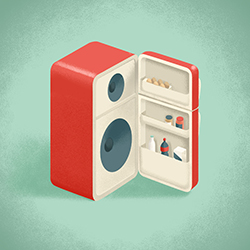
If your dishwasher sputters or grinds, something may be stuck in the chopper blade area. A buzzing refrigerator may mean that the compressor is ailing. A humming dryer could mean that there’s an object caught in its blower wheel. These conditions are difficult to diagnose without expert attention, according to Ailion, so consider calling a professional as soon as you hear the noises.
Bubbling & Noisy Pipes
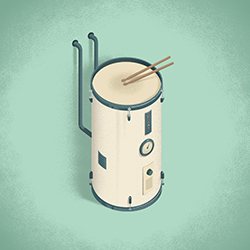 Over time, sediment builds up on the bottom of a water heater as minerals precipitate out of the water and settle in the tank. Excessive sediment accumulation may produce a popping or rumbling sound, which should be your signal to call in a repair professional. Depending on the severity of the situation, flushing the inside of the tank might be enough to fix the problem, but it could also be time for a new heater. Either way, this isn’t something you want to ignore. Fixing it could prevent water leaks, Ailion says.
Over time, sediment builds up on the bottom of a water heater as minerals precipitate out of the water and settle in the tank. Excessive sediment accumulation may produce a popping or rumbling sound, which should be your signal to call in a repair professional. Depending on the severity of the situation, flushing the inside of the tank might be enough to fix the problem, but it could also be time for a new heater. Either way, this isn’t something you want to ignore. Fixing it could prevent water leaks, Ailion says.
Whistling Window Noises
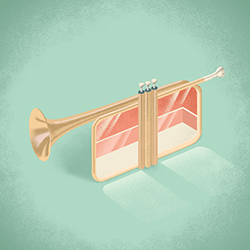 Improperly installed windows, worn weather stripping, changes in temperature and the simple passage of time can all cause an unwanted whistling inside the house. Not only is the sound annoying, it can also lead to energy waste. If you can’t find the source of the whistling yourself, consider hiring a professional to find and fix the problem.
Improperly installed windows, worn weather stripping, changes in temperature and the simple passage of time can all cause an unwanted whistling inside the house. Not only is the sound annoying, it can also lead to energy waste. If you can’t find the source of the whistling yourself, consider hiring a professional to find and fix the problem.
Here’s something that sounds great: paying less for homeowners or renters insurance. Get a quote now through the GEICO Insurance Agency and see if you could save!
Read More: Get more helpful home maintenance tips with our Ultimate Guide To Home Protection.

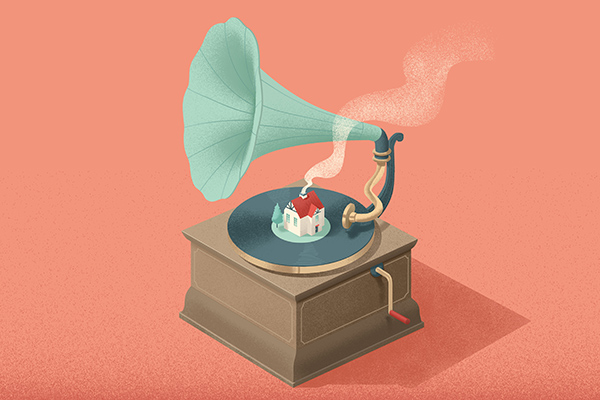

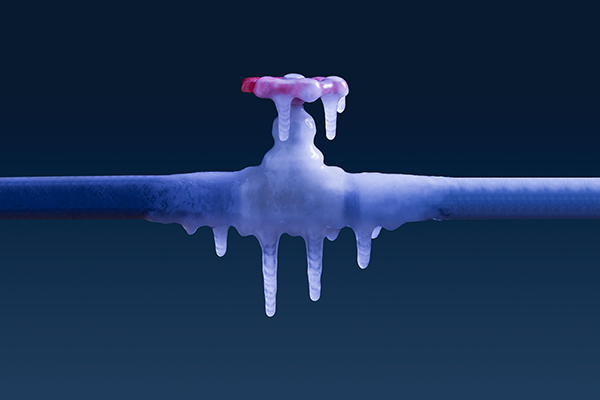



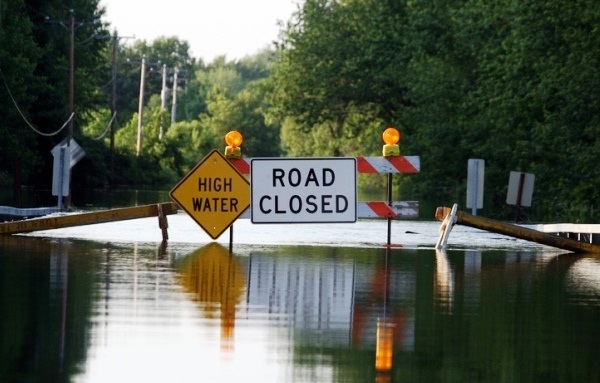
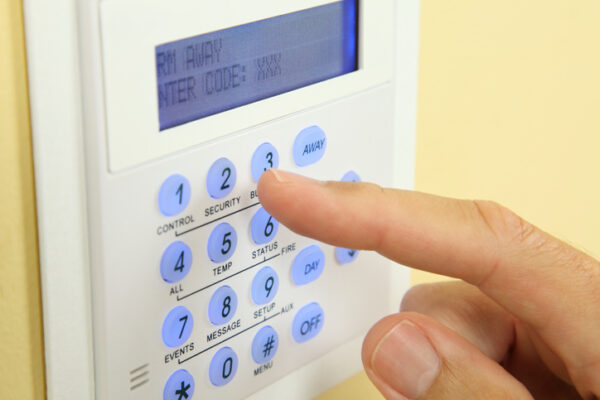
janis Orlando says,
So good to know. We hear lots of noises in our house mainly with temperature changes…hot to cool and cold to hot.
janis Orlando says,
Log house too.
Marva Parker says,
Thanks for sharing this information with your customers. Too bad you guys (Geico) don’t offer Home Warranty Coverage, something to look into.
ALLEN sHERRILL says,
I am sure glad I switched to GEICO!!!
Friendly people, great information , and fits in my comfort zone! Which isn’t easy to do!!
Thank’s GEICO
John Broadis says,
If your house whispers, “GET. OUT!” followed by “CH CH CH HA HA HA”…GET OUT!
You’re welcome.
Kalea says,
My brothers were complaining about this.
Linda Thompson says,
I do not own a home, but this great information that is being past on.
Nancy Knowitall says,
*passed
CarolJ says,
bees can also cause interior damage. We found out the hard way and relocated the bees. Then secured the area and repaired the damage.
SarahB says,
I once had a snake in my wall, who went up to the attic and poked his head out from under the eaves one day. Oh, that was that swishing noise I was hearing.
Wendy Blaisdell. says,
Thank you for making me aware.
Ali lalehchini says,
Thanks , it was very useful
HELENwihtname@outlook.com says,
There is a sense that there has been throwing stones on the glass fenestration (but not any visible stones). I am not able to think of a possible explanation.
Judith Herman says,
Bats flew into my garage and into the opening in the attic. I thought they were mice. After bats flew out , I shut the attic door.
Esteban Aracena says,
Very informative and helpful information. I have bees in a recliner on my front porch. Nobody can sit in it without being stung. What do I do with the recliner? They do swarm loudly very good app
Danna C Seale says,
Very informative and helpful information. I have bees in a recliner on my front porch. Nobody can sit in it without being stung. What do I do with the recliner? They do swarm loudly when angry, so I know there is quite a nest inside the recliner.l
Mark says,
Call a bee keeper in your area.
Mick thomas says,
Call a bee keeper IF they’re honeybees. If they’re yellow jackets or wasps, kill them with a top quality bee spray, as those species of bees have no productive use.
Judy j says,
I had carpenter bees in a wall this summer, best cheap killer is Spectricide, it is cheap on Amazon. For the chair, I would try to cover it with some kind of plastic and fog it, or wait for winter!
Fevroniya Mikhaylichenko says,
Helo,
Thank you for being concerned!
Yes, agreed with that.
Do not own a house at the moment.
Smell, smell pass through neighbors walls,
wake up during night time .
(Is there any help for apartments complex ?)
Thank you again!
Jola says,
Contact the apartment manager (or property manager) immediately.
Tayo Fashoyin says,
A very helpful set of ideas which I appreciate. I hope I will get more from time to time.
Thank you.
Tayo Fashoyin